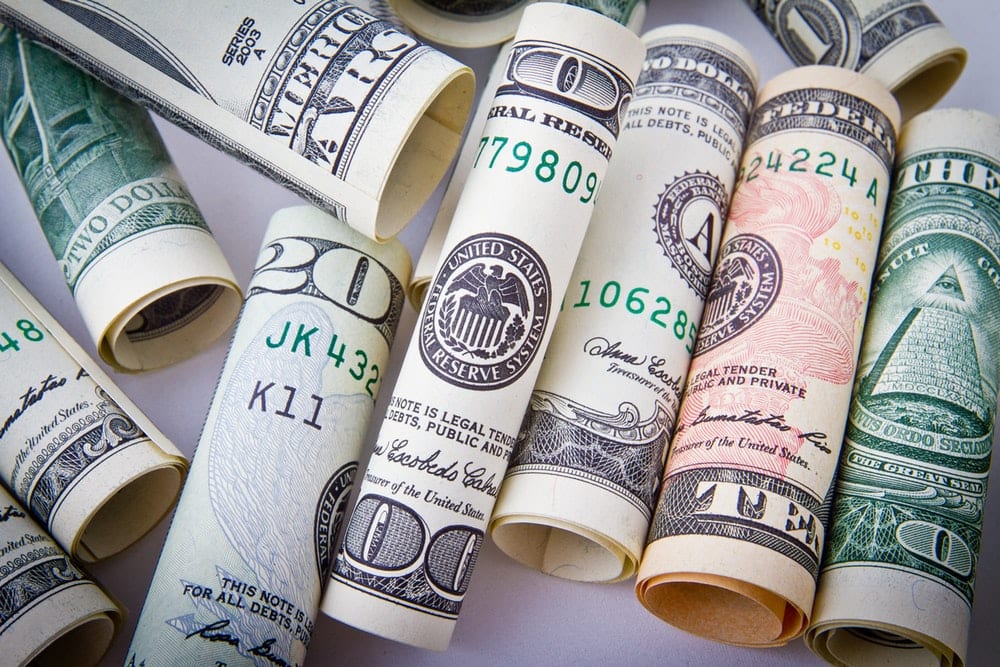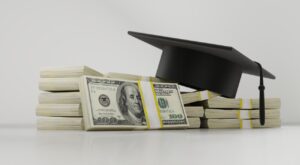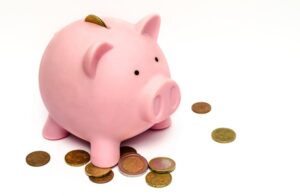Student loans come with their own set of pros and cons. On one hand, it is a great way to help you get through college and finish your degree. On another, it is difficult for some to pay them back.
If you, or anybody you know, are incapable of paying their student loan debt, there are ways to temporarily stop payments without getting into too much debt. This is called student loan forbearance.
In this article we look at student loan forbearance and how the coronavirus outbreak has affected those with student loans.
What is Student Loan Forbearance?
Student loan forbearance allows you to stop payments, or temporarily make smaller payments on your student loan. It provides temporary relief for those who are trying to save some money for more important things such as food, utility bills, hospital bills, or other emergency expenses.
Getting a forbearance doesn’t mean that the interest on your student loan debt will stop. You still need to pay the interest eventually. Otherwise it may be “capitalized” and the interest will be added to your principal balance.
Pros and Cons of Student Loan Forbearance
There are pros and cons when it comes to student loan forbearance. There is also an ongoing debate whether this short-term solution is truly helpful or not.
People view the forbearance as an alternative to having their wages garnished or losing their tax refund because of a defaulted loan. With that said, there are pros and cons to this. Check them out below.
Pros
- Allows you some time to pay critical expenses
- Student loan forbearance is a better option than garnishment or defaulting
- Lower interest than payday or personal loan
- Doesn’t impact your credit score
Cons
- Should be used as a short-term solution only
- Repeated renewal of forbearance could result in loan default
- Late or missing a payment on interests will hurt your credit score
- Capitalization of accrued interest can be expensive
Applying for a student loan forbearance will not appear on your credit reports. However, if you missed or are late in payments, it will result in a lower credit score. In order to avoid this, you should continue your payments while your application is still in process.
It is also wise to get out of forbearance as soon as possible and to complete interest payments as they accrue. This should be treated as a last resort and not as your first option.
Student Loan Forbearance Due To Coronavirus
In the face of the coronavirus pandemic, a lot of people with student loan are worried about making their payments. Many have lost their jobs or have been temporarily laid off. This is a global crisis that has affected everyone.
Due to the pandemic the U.S. Department of Education announced there will be student loan relief. Federal student loans will automatically have 0% interest rates set for six months.
More importantly, borrowers are not required to make their payments during this six-month period. This will give borrowers time to focus on more important expenses.
However, those borrowers with Perkins Loans and Federal Family Education Loans are not eligible for this automatic forbearance. This is because those companies are not owned by the U.S. Department of Education. That means that you should apply for traditional forbearance with your loan servicer or the school.
This article is part of our series: Student Loan Advice for Online College Students
The next topic in the series is: Student Loan Fees








